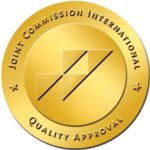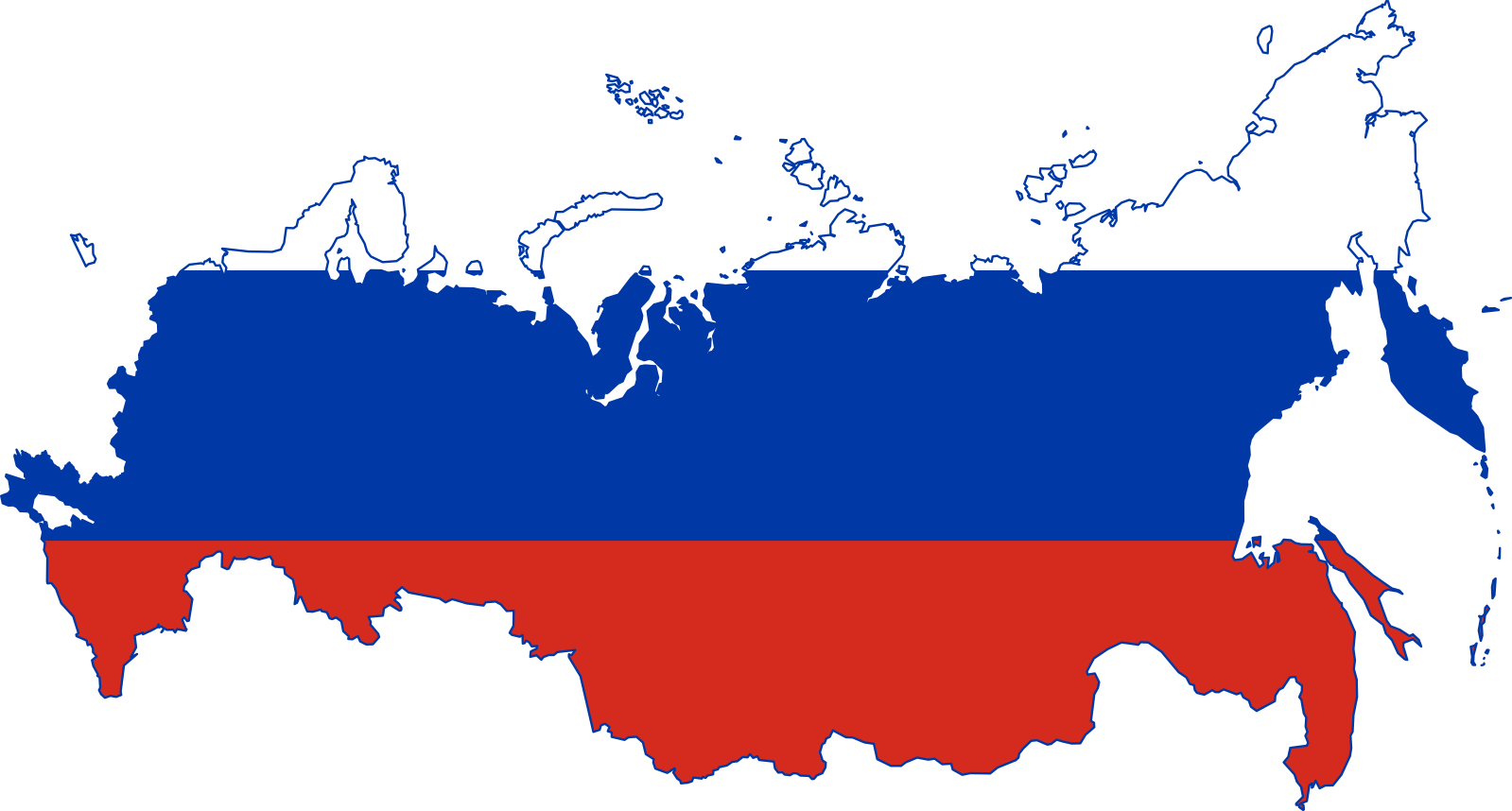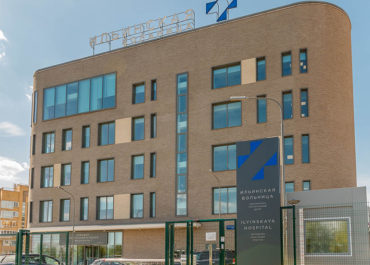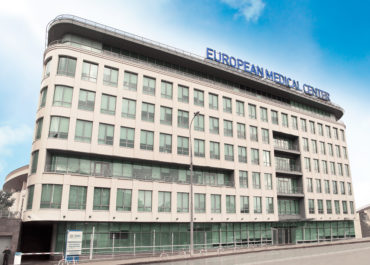Narcological problems - treatment in Russia
There are two large groups of drug addiction problems: drug addiction and substance abuse. There are no biological differences between these two types of addictions, the difference is that the substances taken by drug addicts, from the point of view of the law, are classified as narcotic, and the substances taken by drug addicts are not. Alcoholism is a substance abuse, but it is usually considered separately due to the prevalence of this addiction and its high danger for the body, personality and social status of the patient.
The drug addiction group includes heroin addiction, cocaine addiction, methadone addiction, ephedronic addiction, hashish addiction, LSD abuse, “ecstasy” abuse, amphetamine addiction, etc. The addiction group includes addictions to psychostimulants (caffeine, chifir, some sports doping), nicotine addiction, etc. Dysfunctional children and adolescents often experience substance abuse using household and technical fluids: glue, gasoline, acetone and nitro paints. There are also political substance abuse – dependence on two or more psychoactive substances.
Symptoms for drug addiction problems are determined by the type of narcotic or toxic substance, its dose, the duration and severity of addiction, the state of the body, psychoemotional characteristics of the addict and other factors. Long-term use causes characteristic changes. Alcoholics often develop alcoholic polyneuropathy and alcoholic encephalopathy. With prolonged abuse of benzodiazepines, an organic personality defect occurs with impairment of memory and judgment, selfishness and decreased performance, etc. In most addictions, the liver, kidneys and heart are affected.
The diagnosis in narcology is carried out both by collecting anamnesis and objective examination of the patient, and using special techniques. To confirm the fact of the use of alcohol and drugs in the recent past (within 1-3 days), an examination of alcoholic intoxication is carried out, saliva, urine and blood are examined by immunochromatographic analysis, and chemical and toxicological tests for drugs are carried out. To establish the fact of taking psychoactive drugs, antibodies to drugs are determined for several months before the test and hair analysis is performed for drugs.
Treatment of patients with drug addiction problems can be urgent and planned, carried out in an inpatient setting, on an outpatient basis or at home. Emergency measures include elimination of binge drinking for alcoholism and detoxification for drug addiction. Help can be provided at home only in mild cases: with short binges, a short “experience” of alcoholism or drug addiction. The rest of the patients are indicated for treatment in a specialized clinic.
Measures for detoxification and withdrawal symptoms are carried out after examination and examination, under the supervision of a qualified narcologist. The treatment regimen includes intravenous drip of solutions in combination with sedatives and antipsychotics, drugs to normalize metabolic processes and improve the function of internal organs. There are several treatment programs: standard, double and deep cleansing of the body when eliminating binge, classical and ultra-rapid opioid detoxification.
Routine treatment includes interventions to prevent substance abuse. Medicines, non-drug methods or complex techniques can be used. During drug treatment, a long-acting drug is injected into the patient’s body (for alcoholism, usually disulfiram, for drug addiction, naltrexone), which changes the effect of alcohol or drugs and causes a number of unpleasant consequences. Used by Esperal, Torpedo, MST, SIT, NIT, Algominal and other means.
Non-drug methods include Dovzhenko coding and hypnosuggestational influence. In either case, the doctor influences the patient’s psyche, developing in him the conviction that alcohol is unacceptable and the occurrence of negative consequences when using it. Complex methods involve the simultaneous use of drugs and non-drug methods of treatment, sometimes in combination with other techniques (for example, acupuncture).
Treatment can be carried out both on an outpatient basis and in a hospital. In the second case, the patient additionally receives the help of a psychologist and drug therapy to normalize his mental and physical condition. Inpatient rehabilitation of patients suffering from addictions is closely related to inpatient methods of treatment. Rehabilitation activities are carried out in drug treatment clinics and special centers. Outpatient rehabilitation is also possible (for example, according to the “12 steps” program).
If you haven’t find the disease you are searching for or you have any other questions our managers are ready consult you free of charge 24/7
6 Hospitals
Here you can find information about Russian hospitals that treat Narcological problems.
Available online consultations with doctors
Available online consultations with doctors
Available online consultations with doctors

Available online consultations with doctors






